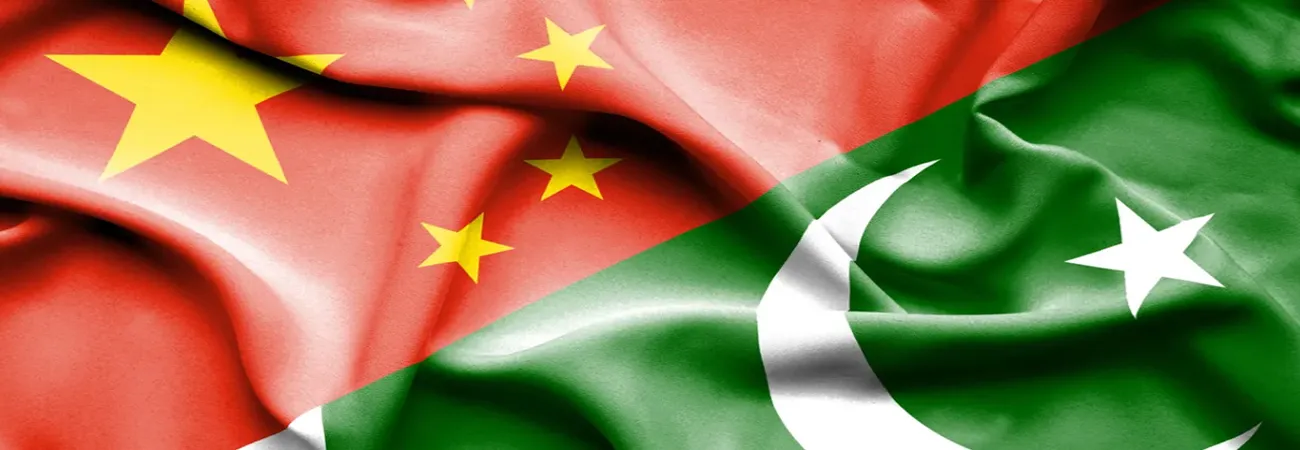i ECONOMY
The Third Belt and Road Forum for International Cooperation held in Beijing recently serves as a springboard for deepening international cooperation. This landmark event is poised to make substantial progress in promoting regional and global development and connectivity through the Belt and Road Initiative (BRI), a grand effort often dubbed the "Project of the 21st Century." Impressively, representatives from more than 150 countries participated in this critical gathering, ensuring the highest level of representation. Pakistan's presence at the BRI forum was led by caretaker Prime Minister Anwaarul Haq Kakar, marking his maiden visit to China, a short yet productive three-day journey. "The visit promised to cement existing ties and provide a platform for high-level discussions with Chinese leaders," says Dr Muhammad Afzal, an economic adviser at the Planning Commission of Pakistan.
Talking to WealthPK, he said during the visit, as many as 15 significant agreements and Memorandums of Understanding (MoUs) were inked, further reinforcing the transformational China-Pakistan Economic Corridor (CPEC). "The Chinese leadership repeatedly affirmed its unwavering commitment to supporting high-quality development under the CPEC framework. The CPEC, now entering its second decade, has already demonstrated its positive impact on Pakistan's economic development through substantial investments and diverse projects in various sectors," he said. He highlighted that the agreements and MoUs between Pakistan and China spanned eight key areas, encompassing urban sustainable development, Belt and Road cooperation, mineral development, industrial collaboration, research on cooperation routes, Gwadar Port's export exchange mechanism, green and low-carbon development and digital economy cooperation. He pointed out that "one of the most awaited moments at the forum was the launch of the Pakistan Railways Main Line (ML-1) mega project, which had been stalled due to a delay in signing the concessional financing agreement. "However, it's now been confirmed that all obstacles have been resolved, with China committing to providing over $6 billion for this monumental project."
"This visit has brought momentum to a range of significant projects, including the ML-1 for railway track upgradation from Karachi to Peshawar, the Karachi Circular Railway, and various road projects such as the realignment of Karakoram Highway and development of infrastructure in different regions, among other vital initiatives. Furthermore, agreements on the export of dairy and meat products have been signed for the first time during the visit. Other agreements include Advanced Metering Infrastructure, the Pakistan Space Centre, and Urban Development of Gwadar." Afzal emphasised that the landmark visit of PM Kakar reinforced the deep-rooted partnership between China and Pakistan and paved the way for cooperation that promised to benefit both nations and enhance connectivity on a global scale. The Planning Commission's economic adviser said BRI served as a testament to China's vision of international cooperation and a shared future, making it a momentous event on the world stage. He concluded that the world eagerly awaited the outcome and impact of the Pakistani prime minister's visit, which could potentially transform the landscape of international cooperation and development, leading to economic stability in the country.
Credit: Independent News Pakistan (INP)









